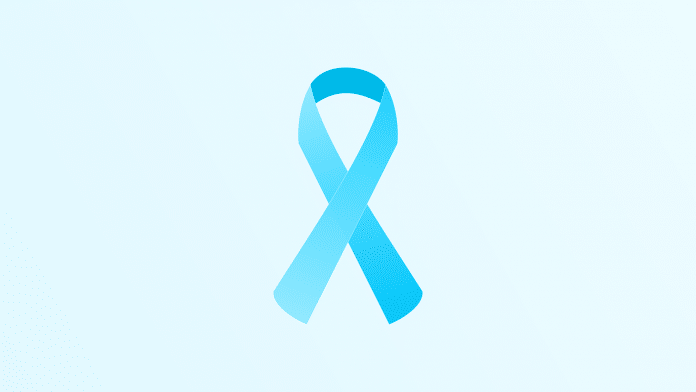January is Cervical Health Awareness Month and The National Cervical Cancer Coalition (NCCC), a program of the American Sexual Health Association (ASHA), urges every woman to make a New Year’s resolution to talk with their health care provider about cervical health.
Each year in the U.S. more than 13,000 women are diagnosed with cervical cancer, and over 4,200 die as a result. The disease takes an even greater toll globally as the vast majority of cervical cancers occur in low-income countries. In both the U.S. and abroad, cervical cancer is most often found in women living in poverty and who lack access to health care.
Sadly, all women are at risk for cervical cancer and it occurs most often in women over age 30. However, this particular form of cancer is one of the most successfully treatable cancers and, if it’s found early, can be prevented by having regular screening tests.
The best way to detect cervical cancer early is to have regular screening tests. Those screening tests include the HPV test and the Pap test. Each test can be done singly or at the same time (called a co-test).
The Pap test (or Pap smear) looks for pre-cancers — cell changes on the cervix that might become cervical cancer if they are not treated appropriately.
The HPV test looks for the human papillomavirus that can cause these cell changes.
Both tests can be done in a doctor’s office or clinic. If you have a low income or do not have health insurance, you may be able to get free or low-cost screening tests through CDC’s National Breast and Cervical Cancer Early Detection Program.
Long-lasting infection with certain types of human papillomavirus (HPV) is the main cause of cervical cancer. HPV is a common virus that is passed from one person to another during sex. At least half of sexually active people will have HPV at some point in their lives, but it doesn’t always progress to cervical cancer.
Usually beginning with pre-cancerous cells, cervical cancer forms in the interior lining of the cervix, the junction of the vagina and uterus. Its development is typically slow and occurs over a period of years.
The most important thing to remember is to get screened regularly, no matter which test you get.
Early detection greatly improves the chances of successful treatment of pre-cancers and cancer. Being aware of any signs and symptoms of cervical cancer can also help avoid delays in diagnosis.
VACCINATION
HPV vaccines can help prevent infection from both high-risk HPV types that can lead to cervical cancer and low-risk types that cause genital warts. The CDC recommends all boys and girls get the HPV vaccine at age 11 or 12 as the vaccine produces a stronger immune response when taken during the preteen years. For this reason, up until age 14, only two doses are the vaccine are required. The vaccine is also available for all males and females through age 45 but, for those 15 and older, a full three-dose series is needed.
For the full of Cervical Health Awareness Month materials, including social media resources and free downloads, visit the ASHA and NCCC websites.
For a free fact sheet and to find free/low-cost Pap tests – go to http://ow.ly/VKdY307APzi #CervicalHealthMonth and http://ow.ly/9REq30760to #CervicalHealthMonth.
To find if you are eligible for a free or low-cost screening, visit https://https://nccd.cdc.gov/dcpc_Programs/index.aspx#/results/1/19.

